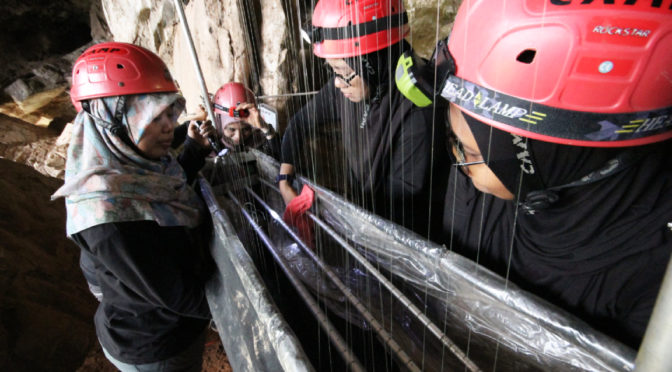VIRTUALLY all the Orang Asli households in the peninsula are in the income bracket of the poorest 40% of Malaysians, says NGO the Center for Orang Asli Concerns.
The centre estimates that 54,600 or 99.29% of all Orang Asli households earn below RM4,000 a month, putting them in the B40 category.
The poverty trap is hard to get out of, according to a 2013 paper, ‘Orang Asli in Peninsular Malaysia: population, spatial distribution and socio-economic condition’ (Masron et al).
Customary land
The main reason is the dispossession of their native customary land, which has been the source of their livelihoods.
“Deprived of their land, they are increasingly pushed from a subsistence economy into the prevailing cash economy,” the paper reports.
Except for a very small number of groups who are semi-nomads, official reports estimate that around 60% of Orang Asli actually live in or close to urban centres and most are connected to contemporary economies.
According to Masron, some groups have actually done so for hundreds of years.
Economic activities
Currently, the communities’ main economic activities are harvesting and selling forest products such as petai, durian and rattan; managing and selling products from rubber, oil palm or fruit and vegetable smallholdings; and wage jobs in towns and cities.
Still, the majority is not integrated into mainstream society, either by choice or lack of choice due to discrimination and lack of education.
Because of malnutrition and poverty, Orang Asli are also vulnerable to diseases. Access to healthcare remains challenging.
No options
As a result, the government’s pandemic lockdown hit a lot of them hard. “With no income, no access to alternative avenues of income, and no natural food source, their hands are completely tied,” stated the COVID-19 Collective for Orang Asli, a group coordinating Orang Asli Covid-19 relief efforts.
Post MCO, the collective is continuing to raise funds for the Orang Asli. The site has a map with all the village locations and groups helping to provide relief.
Photo: Pos Lanai Orang Asli transport their forest durian to urban centres for sale. Revenues that Orang Asli earn from these activities are enough only to put them in the bottom income bracket. (Credit: Jeffry Hassan)
Ref: Masron, T. & Masami, F. & Ismail, Norhasimah. (2013). Orang Asli in Peninsular Malaysia: population, spatial distribution and socio-economic condition. J. Ritsumeikan Soc. Sci. Hum.. 6. 75-115.
BACK TO MAIN STORY






